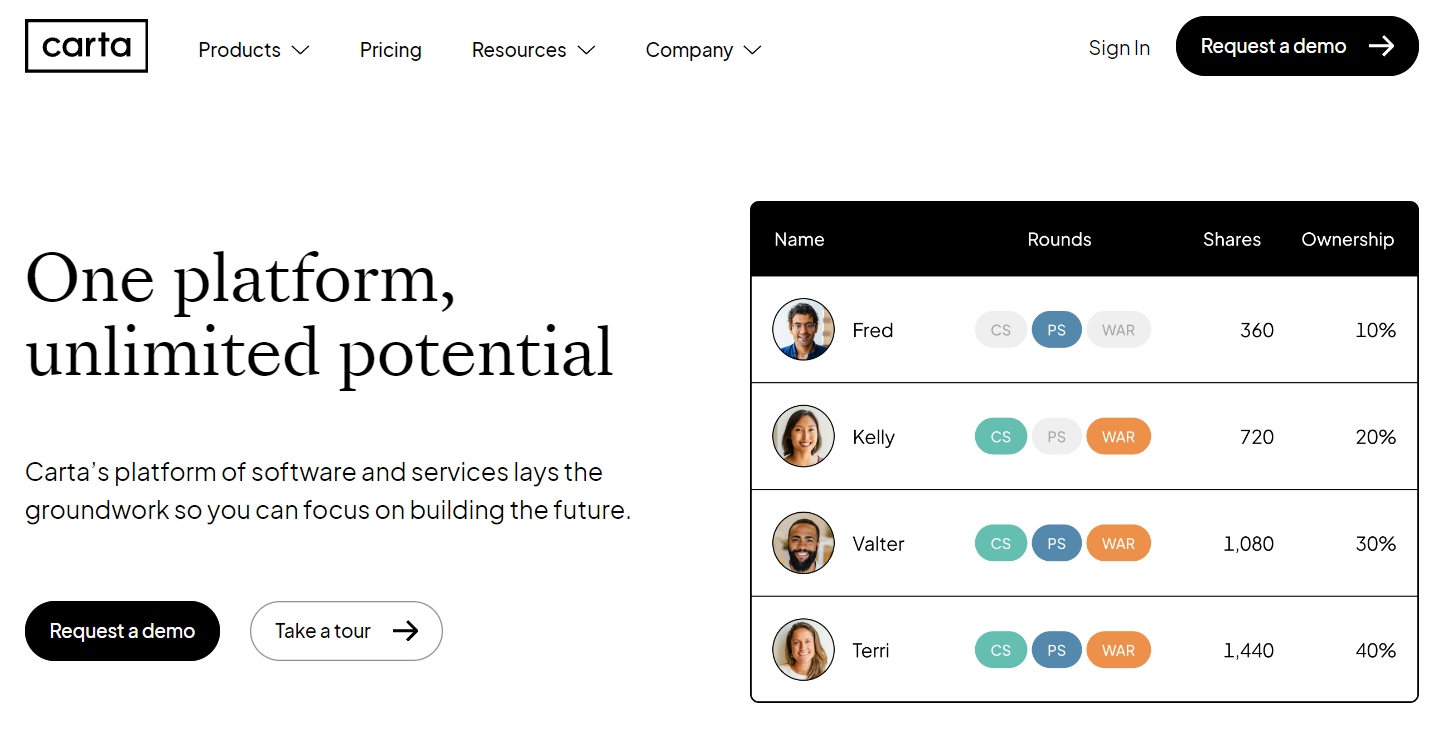##
Introduction
In recent news, Carta, a multi-billion dollar cap table management company, has come under fire for misusing sensitive client information to solicit sales on its private stock exchange business, CartaX. Leaked emails have revealed that Carta marketed shares of startup clients without their consent, raising concerns about conflicts of interest and the misuse of confidential data. This article aims to delve deeper into the controversy surrounding Carta’s actions, examining the implications for both the company and the startups involved.
The Incident: Breach of Internal Protocols

Carta’s CEO, Henry Ward, has acknowledged that the misuse of client information was an isolated incident involving a single employee who breached internal protocols. According to Ward, only three companies were affected by this breach. However, leaked emails and marketing materials reviewed by Business Insider suggest that the situation may be more extensive than initially portrayed.
Unsolicited Emails and Questionable Practices
One of the key pieces of evidence is an unsolicited email sent by a Carta employee, offering shares of various startups on CartaX. The email claimed that sellers had already been lined up for these companies and that the listed prices represented significant discounts compared to their most recent valuations. What’s concerning is that at least two of the companies listed in the email were also Carta clients using the cap table software offered by the company.
Lack of Consent and Anonymous Testimonies
Several startups contacted by Business Insider expressed shock and concern upon discovering that their shares had been listed for sale on CartaX. They claimed that they had not opted into the marketplace and had not given their consent for such transactions. However, due to the sensitive nature of the issue, some of these companies requested anonymity when discussing the matter. One spokesperson noted that the company was appalled to find their shares listed without their knowledge, emphasizing that Carta had previously stated that opting into the marketplace was a prerequisite for share sales.
Conflicts of Interest and Commingling of Businesses
The controversy surrounding Carta’s actions revolves around the sensitive information entrusted to the company. This includes shareholder contact details, share prices, and transaction data. Such information could potentially be used by CartaX to identify and solicit potential sellers of startup shares, creating conflicts of interest for a company that positions itself as a trusted steward of information while also seeking commissions from brokering deals. The commingling of Carta’s cap table and brokerage businesses raises questions about the integrity of their practices.
Doubts about the Isolated Incident Claim

Despite Henry Ward’s assertion that the misuse of client information was a one-off incident, not everyone is convinced. Adam Struck, managing partner at Struck Capital, which has numerous portfolio companies on Carta’s platform, finds it hard to believe that CartaX employees would have access to such valuable information and not use it to their advantage. He suggests that if proper controls were not in place, it is likely that every sell-side broker at CartaX has been leveraging this information.
Previous Concerns and Internal Dissent
This is not the first time concerns about conflicts of interest at CartaX have been raised. Lisa Whittaker, Carta’s former Head of Corporate Compliance, claims she was fired in 2021 for raising concerns about conflicts of interest and attempting to implement safeguards to prevent situations like this. Similarly, Andrea Lamari, Carta’s former Head of Liquidity Solutions, was allegedly pushed out of the company after expressing concerns about legal issues related to the platform.
Rebuilding Trust and Ensuring Data Security
In light of the controversy, Carta faces the challenging task of rebuilding trust with its clients and the broader startup community. It is imperative for the company to strengthen its internal controls, ensuring that sensitive client information is protected and used ethically. Implementing robust safeguards against conflicts of interest will be crucial in restoring confidence in Carta’s services.
Conclusion
The revelation of Carta’s misuse of sensitive client information has ignited a firestorm of controversy. The leaked emails and testimonies from startups raise serious concerns about conflicts of interest and the ethical use of data. As Carta navigates this challenging period, it must address the issues at hand, rebuild trust, and demonstrate its commitment to data security and ethical business practices. The fallout from this incident serves as a stark reminder of the importance of safeguarding sensitive information in the fast-paced world of startup investments.
